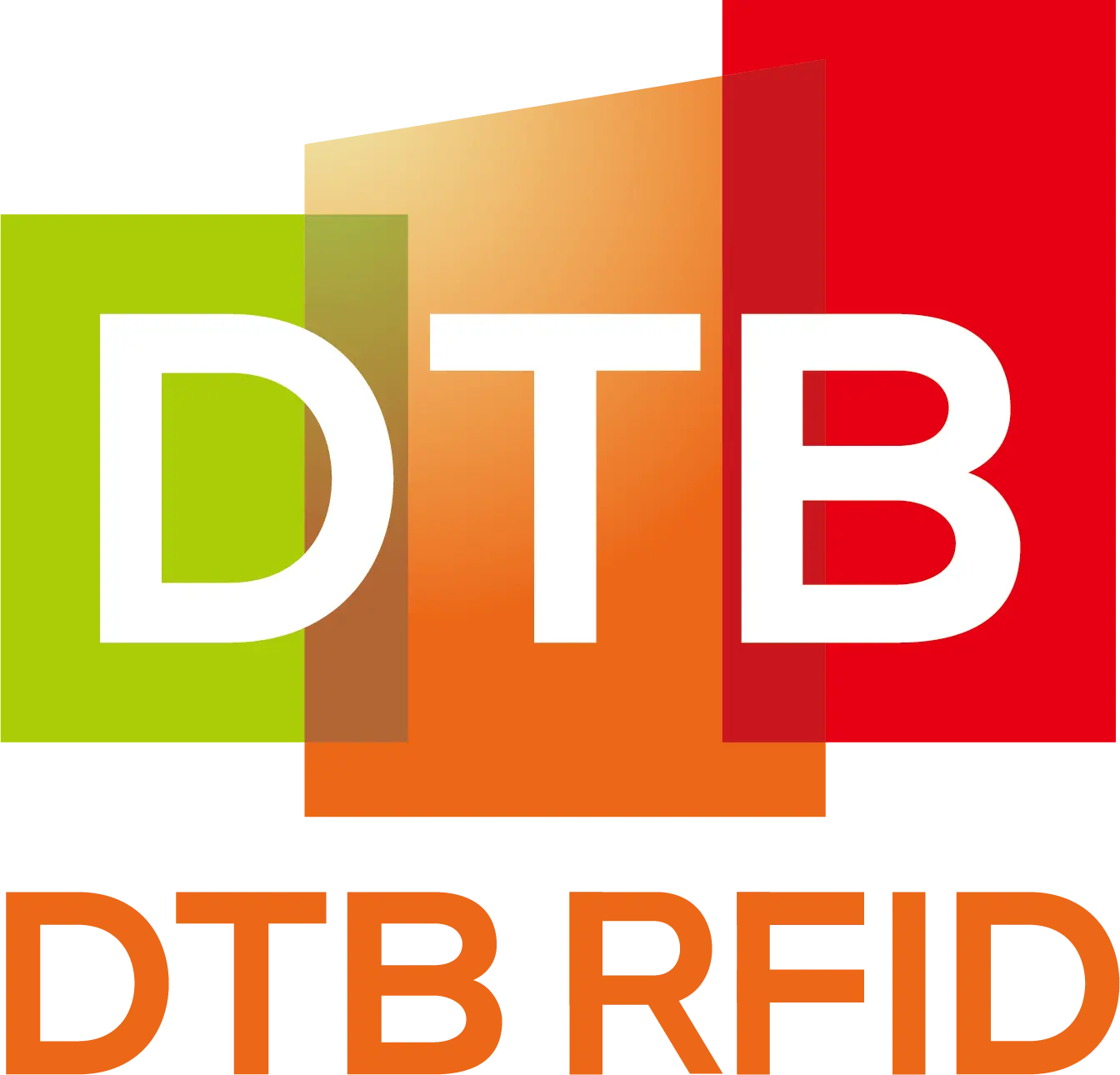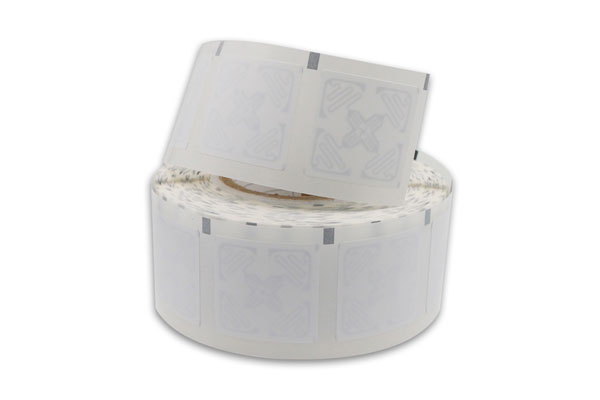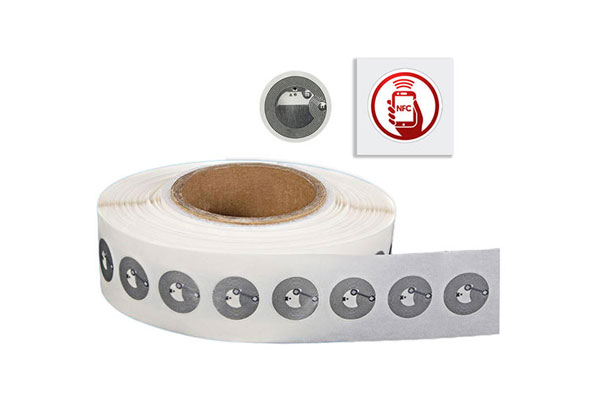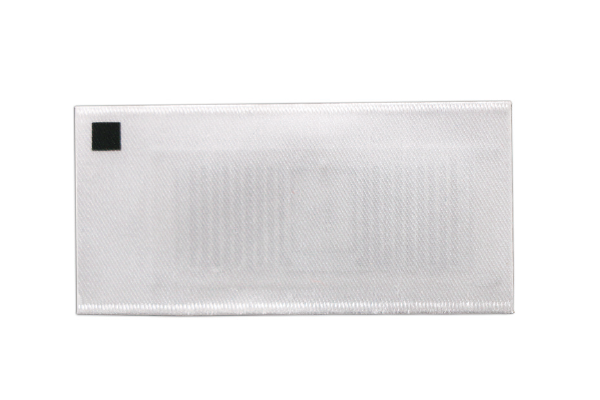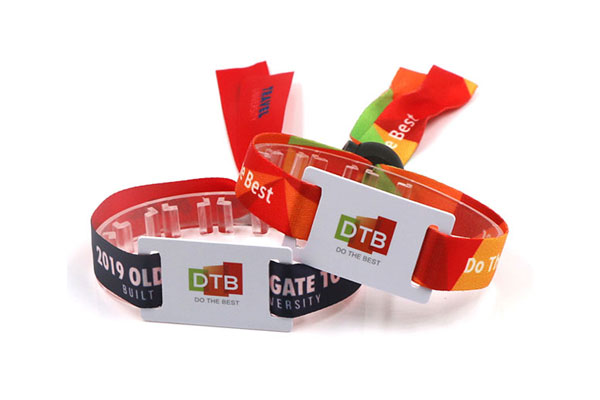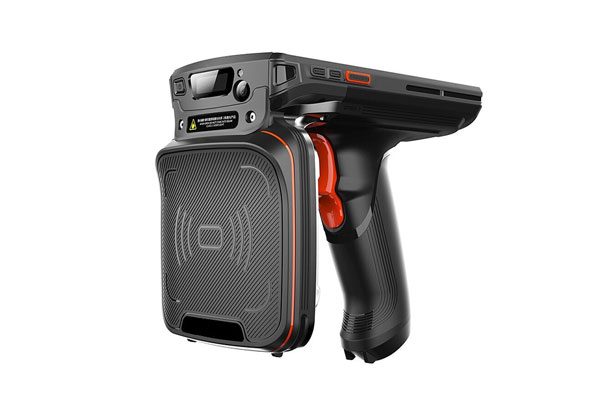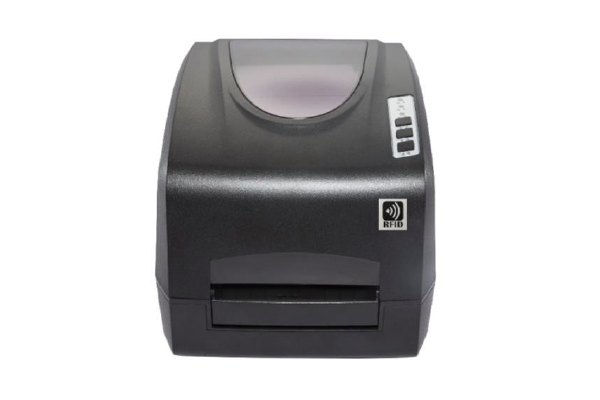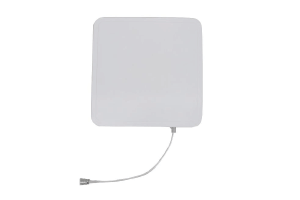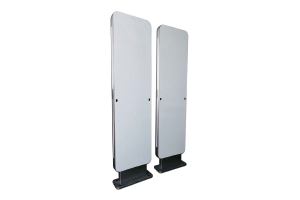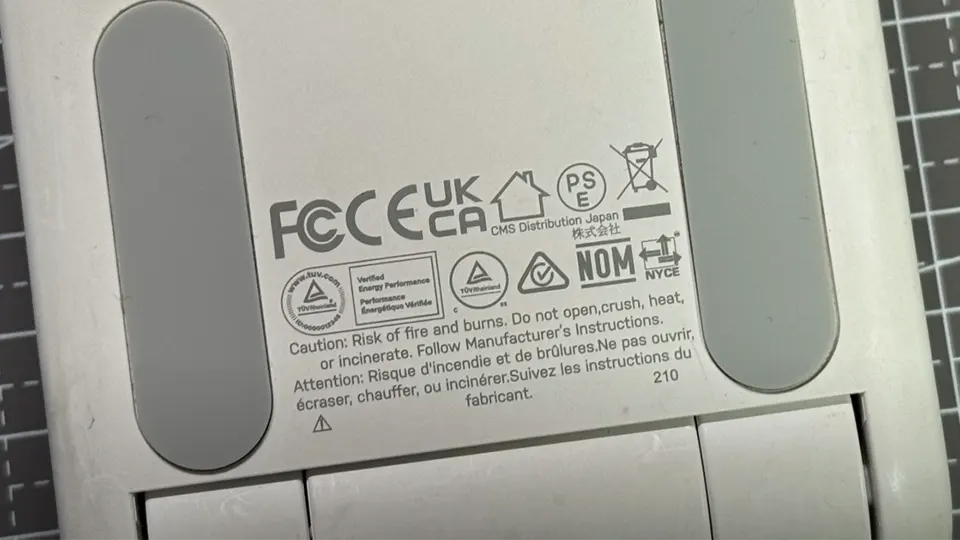On June 12, 2025, Anker Innovations recalled approximately 1.16 million PowerCore 10000 portable chargers (Model A1263) due to critical safety risks. This action followed at least 19 reported incidents where lithium-ion batteries in these devices overheated, caught fire, or even exploded. Two users suffered minor burns, and property damage totaling at least $60,000 was reported.
Regarding this incident, let’s talk about how adding RFID tags to products before they leave the factory can eliminate potential safety hazards and the benefits of subsequent product recalls.
Core Advantages
Pinpoint Traceability: Every RFID tag contains a unique ID linked to batch numbers, production dates, and locations. Imagine a massive beef recall due to pathogens – RFID allows companies to isolate only the contaminated batches instead of recalling millions of pounds of product wholesale.
Automated Identification: RFID readers scan multiple items simultaneously without needing direct line-of-sight. For example, UHF RFID scanning cabinets can automatically verify 20-50 medical items in just 5 minutes – that’s 4 times faster than manual checks.
Cost Reduction: For manufacturers, investing $1-2 million in an RFID system can prevent $10 million+ losses from massive recalls. Tagging costs (around $0.20 per unit) are minimal compared to the huge expenses of logistics, refunds, and brand damage during a recall.
RFID Tools, Tags, and Key Deployment Points
Effective RFID implementation requires careful integration of hardware, software, and processes. Here’s how organizations make it work:
1. Tag Types & Placement
Passive UHF Tags: Low-cost, adhesive-backed labels perfect for cases, pallets, or individual items. Ideal for food, retail, and general merchandise.
Battery-Assisted Passive Tags: Offer embedded sensors (e.g., temperature, humidity) plus limited read range – perfect for cold chain recalls.
Active Tags: Battery-powered for long-range detection, used on large assets or containers.
Micro RFID & Embedded Options: Tiny, sterilizable tags hidden inside medical implants or auto parts for full lifecycle tracking.
Where to Place Tags?
Case-Level: On shipping cartons to capture GTIN, batch, and pack dates.
Pallet-Level: One tag on pallet wrap covering hundreds of cases.
Item-Level: On individual products – common in apparel, electronics, and small goods.
Embedded: Tags hidden inside parts or equipment during manufacturing.
2. Readers & Antennas
Fixed Readers: Positioned at critical choke points: goods receiving, packing stations, loading docks, returns areas, assembly lines.
Handheld Scanners: Used for audits, spot checks, and field operations.
Vehicle-Mounted Antennas: Installed on forklifts or AGVs for automatic pallet scanning while moving.
3. Software & Integration
Middleware connects readers to backend systems, filtering and routing data.
Traceability Platforms store time, location, and event data, enabling detailed mapping of a product’s journey.
ERP/WMS Integration ensures inventory, shipping, and recall workflows stay updated and actionable.
4. Deployment Steps
Pilot Launch: Start with one SKU or production line to test workflows and tag readability.
Supplier Engagement: Encourage suppliers to tag items at origin for supply chain continuity.
Reader Installation: Deploy readers at every strategic checkpoint.
System Integration: Connect RFID data streams to ERP, WMS, or traceability platforms.
Staff Training: Teach teams how to scan, check, and execute recall procedures using RFID.
Recall Drills: Simulate recalls to test system responsiveness and identify bottlenecks.
Industry Application Reference
Healthcare
Facing frequent drug recalls, hospitals implemented UHF RFID tagging on medications. During recalls, staff now identify contaminated drugs in minutes by scanning kits. Result: Inspection time plummeted from 30 hours to just 2, with 100% read rates even near liquids or metals.
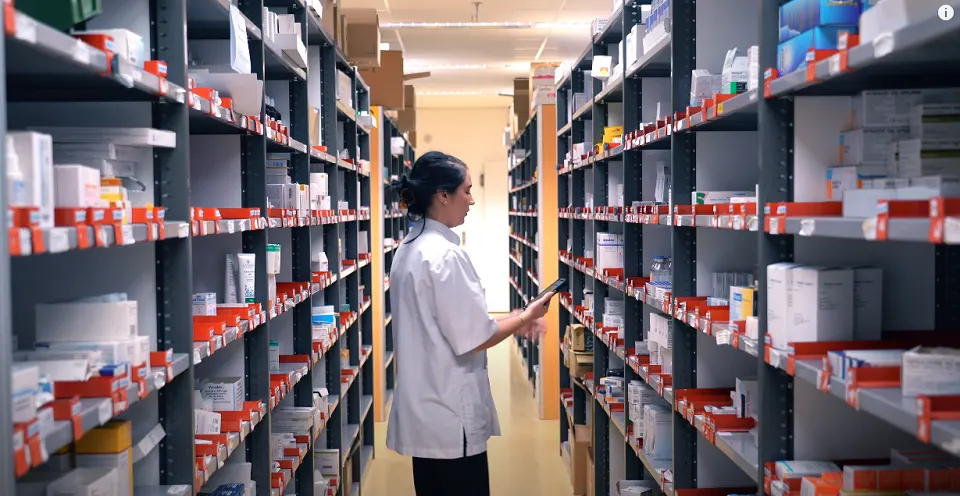
Tire Recalls
After a 450,000-tire recall exposed barcode limitations, manufacturers embedded RFID tags. Each tag stores mold numbers and production dates, shrinking recall scopes by over 80%. Fleet operators now isolate faulty tires instantly without impounding entire batches.
Food Safety
When pathogen-tainted beef triggered multi-million-pound recalls, analysis revealed RFID tracking could have limited retrievals to under 10% of volumes, saving roughly $18 million at standard retail value.
Heavy Industry
A steel mill tagging wire coils with reusable RFID tags achieved 12% higher productivity through automated tracking. During quality recalls, readers instantly trace coils back to specific production lines, slashing error rates by 60%.
